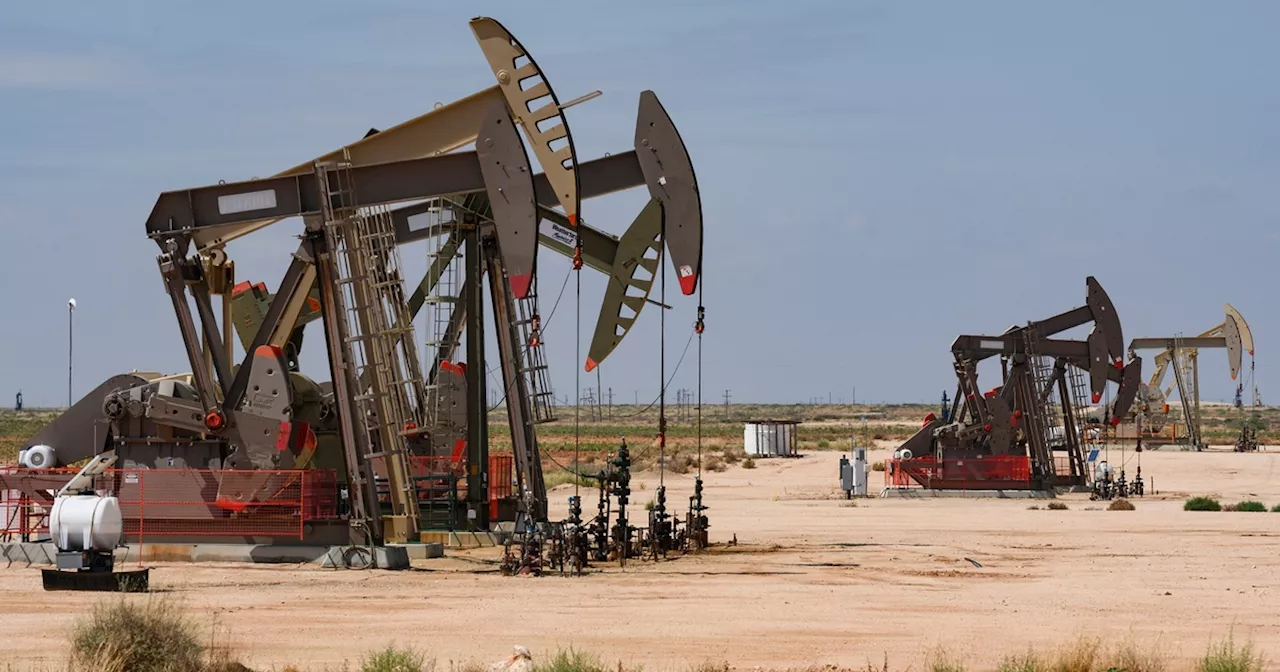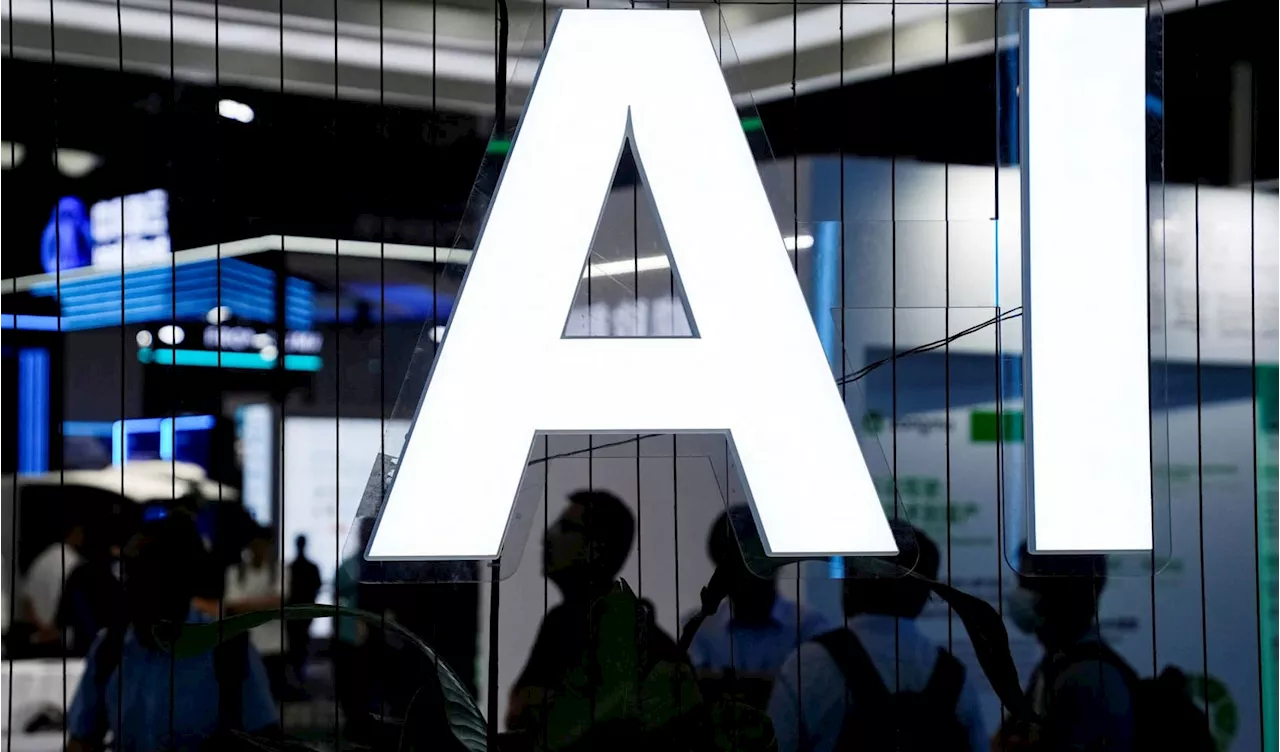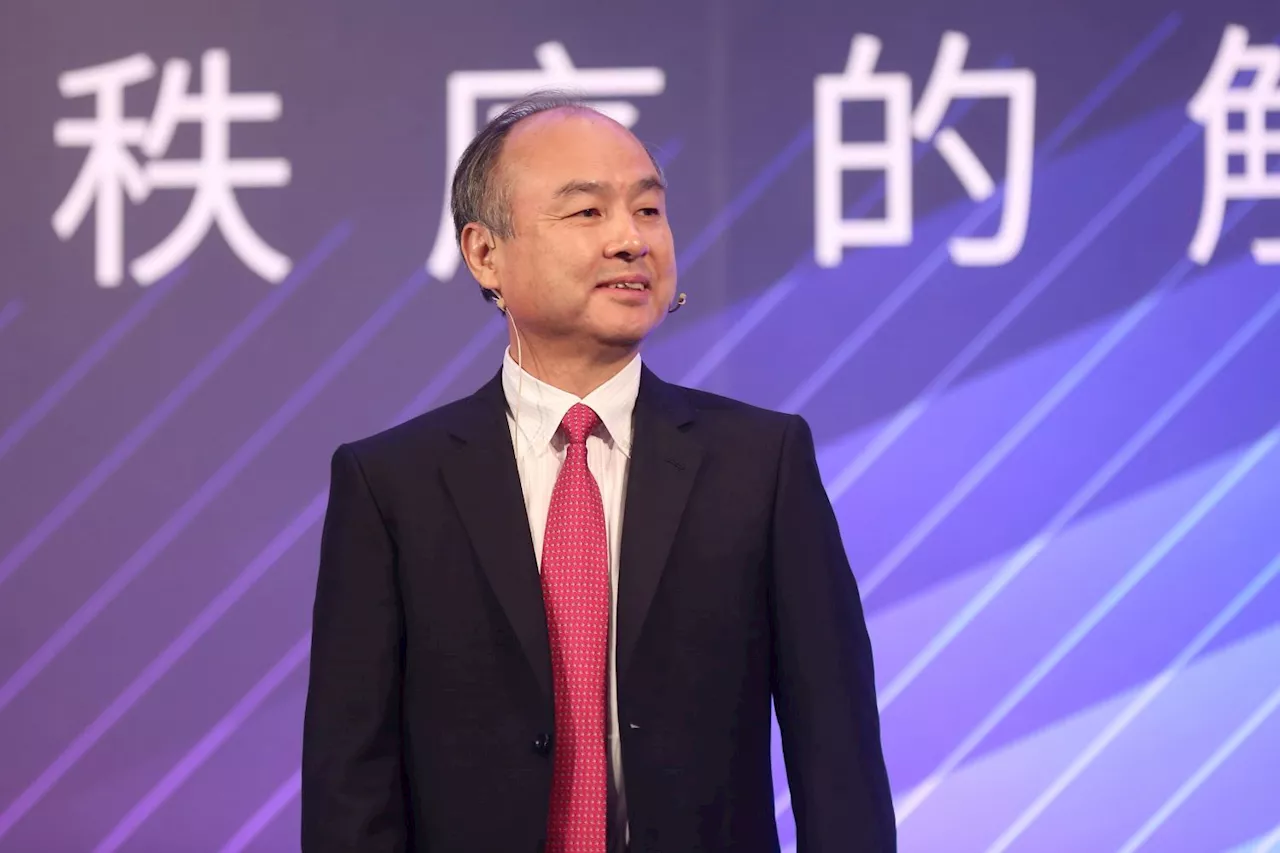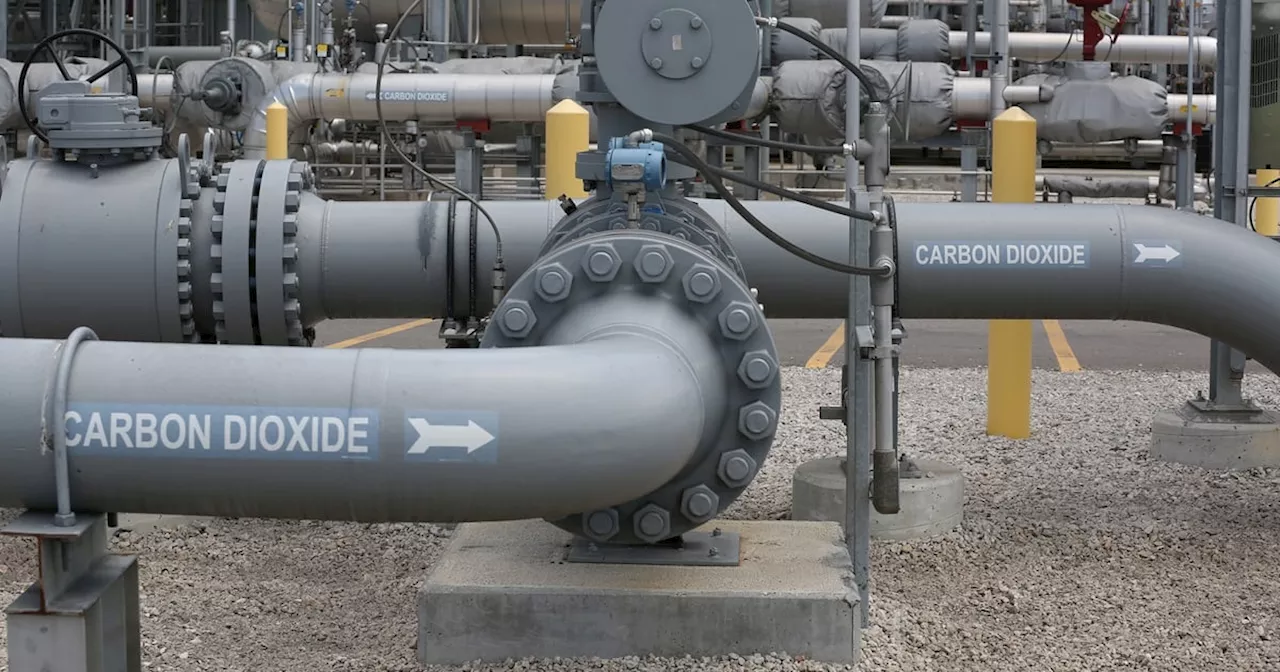Texas oil and gas companies are lobbying for the state to take over permitting authority for carbon capture projects, arguing that the federal process is too slow. Environmental groups raise concerns about the potential for improper oversight and risks associated with carbon dioxide injection.
Texas oil and gas companies are eagerly anticipating the possibility of the state gaining authority to permit certain carbon capture projects. These projects involve capturing carbon dioxide from the atmosphere and injecting it underground. Currently, only the federal government can approve such projects, and Texas has yet to receive federal authorization.
This delay has led to increased pressure from the oil and gas industry for the Texas Railroad Commission, the state agency regulating oil and gas, to be granted primacy. Primacy would allow the commission to review, approve, or deny permits for carbon dioxide injection projects without federal input.Proponents of state primacy argue that the Texas Railroad Commission, already responsible for regulating wastewater injections, is better equipped to handle the permitting process efficiently. They contend that the Environmental Protection Agency (EPA) lacks the necessary expertise and resources to process these applications promptly. Katie Zimmerman, decarbonization director at Wood, an energy consulting firm in Houston, emphasizes the desire to regulate state business locally.However, environmental groups voice concerns about the potential risks associated with transferring permitting authority to the Texas Railroad Commission. They point to past instances where improperly managed wastewater injections have contributed to seismic activity, sinkholes, and leaks from unplugged wells. Erandi Treviño, a long-time environmentalist and co-founder of the nonprofit Raices Collab Project, expresses a lack of trust in the commission's ability to effectively regulate carbon dioxide injection permits. The commission's application for primacy was submitted in December 2022, and the EPA is currently in the first phase of its four-phase review process. Other states, some of which applied later than Texas, have already obtained the necessary authorization.Carbon capture technology is crucial in mitigating the effects of climate change. Carbon dioxide, the primary greenhouse gas, is released into the atmosphere through various industrial processes. While natural carbon dioxide absorption helps regulate the earth's temperature, excessive emissions contribute to global warming and its associated consequences, including extreme weather events such as heatwaves, droughts, floods, and wildfires. These events pose significant threats to human health and safety, particularly in vulnerable regions.Carbon capture aims to reduce these emissions by separating carbon dioxide from industrial flue gases. The captured gas is then compressed and transported to underground storage sites, typically deep rock formations, where it can be permanently sequestered. The Safe Drinking Water Act governs primacy, allowing states to review and approve permits for underground fluid injections. The EPA oversees six underground injection control programs, including those related to oil and gas wastewater, industrial waste, and carbon dioxide storage. The state must propose its regulatory framework, which is then reviewed and approved by the EPA before public comment is solicited
CARBON CAPTURE TEXAS OIL INDUSTRY ENVIRONMENTAL REGULATION TEXAS RAILROAD COMMISSION EPA
United States Latest News, United States Headlines
Similar News:You can also read news stories similar to this one that we have collected from other news sources.
 California Bill Could Push Up Gas Prices by Blaming Oil Companies for WildfiresA proposed bill in California, SB 222, aims to hold oil companies liable for climate disasters. Critics warn it could raise gas prices and scapegoat the industry, while supporters argue it's necessary to address the impact of fossil fuels on climate change.
California Bill Could Push Up Gas Prices by Blaming Oil Companies for WildfiresA proposed bill in California, SB 222, aims to hold oil companies liable for climate disasters. Critics warn it could raise gas prices and scapegoat the industry, while supporters argue it's necessary to address the impact of fossil fuels on climate change.
Read more »
 Report: Oil companies leaking less methane in West TexasMethane is a greenhouse gas that traps heat in the atmosphere and is 80 times the potency of carbon dioxide.
Report: Oil companies leaking less methane in West TexasMethane is a greenhouse gas that traps heat in the atmosphere and is 80 times the potency of carbon dioxide.
Read more »
 Some Companies Push Back Against Trump's Anti-DEI CrusadeDespite pressure from Donald Trump and his supporters, some major corporations, including Costco, JPMorgan Chase, and Goldman Sachs, are refusing to abandon their diversity, equity, and inclusion (DEI) programs. These companies are facing opposition from investors and legal challenges, but they remain committed to prioritizing diversity in the workplace.
Some Companies Push Back Against Trump's Anti-DEI CrusadeDespite pressure from Donald Trump and his supporters, some major corporations, including Costco, JPMorgan Chase, and Goldman Sachs, are refusing to abandon their diversity, equity, and inclusion (DEI) programs. These companies are facing opposition from investors and legal challenges, but they remain committed to prioritizing diversity in the workplace.
Read more »
 Major Companies Scale Back DEI Programs Amid Republican PushSeveral large corporations, including Target, Walmart, and McDonald's, are scaling back Diversity, Equity, and Inclusion (DEI) programs in response to a Republican-led effort to dismantle workplace and school equality initiatives. DEI programs aim to create equitable environments, particularly for marginalized communities, and have roots in the Civil Rights Movement.
Major Companies Scale Back DEI Programs Amid Republican PushSeveral large corporations, including Target, Walmart, and McDonald's, are scaling back Diversity, Equity, and Inclusion (DEI) programs in response to a Republican-led effort to dismantle workplace and school equality initiatives. DEI programs aim to create equitable environments, particularly for marginalized communities, and have roots in the Civil Rights Movement.
Read more »
 Chinese Companies Push Beyond Chatbots with AI InnovationsChinese companies are rapidly developing AI applications that go beyond simple chatbot functions. Gartner estimates over 10% of Chinese businesses are already using AI, with many leveraging these tools to automate processes and generate content. Examples include Tencent's Wenku platform for document creation and AI agents being integrated into WeChat. Chinese smartphone companies are also integrating AI features into their devices, while the government's approach to AI regulation allows for easier application development compared to the US.
Chinese Companies Push Beyond Chatbots with AI InnovationsChinese companies are rapidly developing AI applications that go beyond simple chatbot functions. Gartner estimates over 10% of Chinese businesses are already using AI, with many leveraging these tools to automate processes and generate content. Examples include Tencent's Wenku platform for document creation and AI agents being integrated into WeChat. Chinese smartphone companies are also integrating AI features into their devices, while the government's approach to AI regulation allows for easier application development compared to the US.
Read more »
 SoftBank to Inject $3 Billion Annually to Push Portfolio Companies Toward AI Agent ExperimentationJapanese investment firm SoftBank is investing $3 billion annually to encourage its portfolio companies to utilize AI agents. The initiative, a partnership with OpenAI, aims to revolutionize business operations by automating millions of workflows through AI-powered agents.
SoftBank to Inject $3 Billion Annually to Push Portfolio Companies Toward AI Agent ExperimentationJapanese investment firm SoftBank is investing $3 billion annually to encourage its portfolio companies to utilize AI agents. The initiative, a partnership with OpenAI, aims to revolutionize business operations by automating millions of workflows through AI-powered agents.
Read more »
